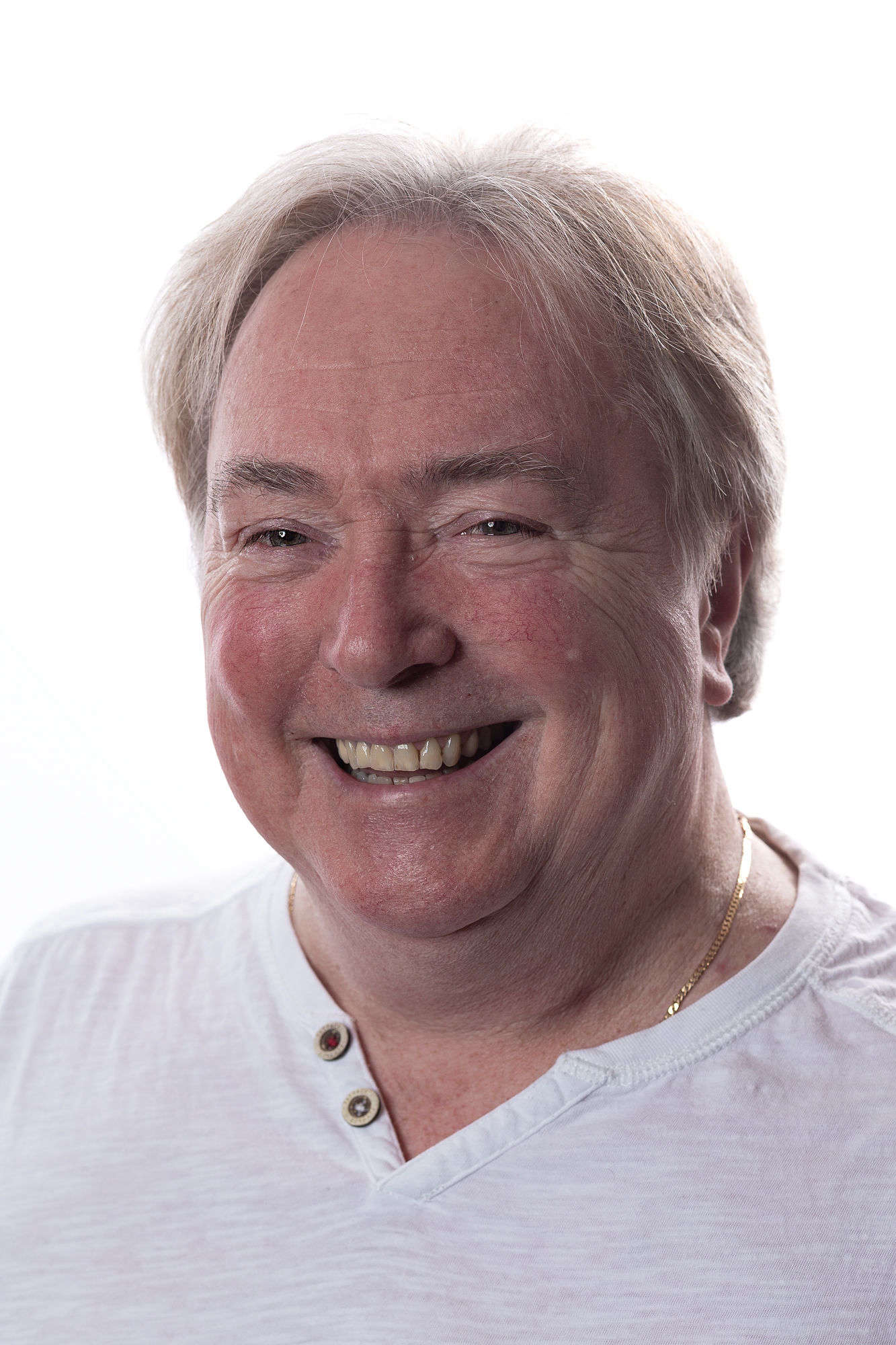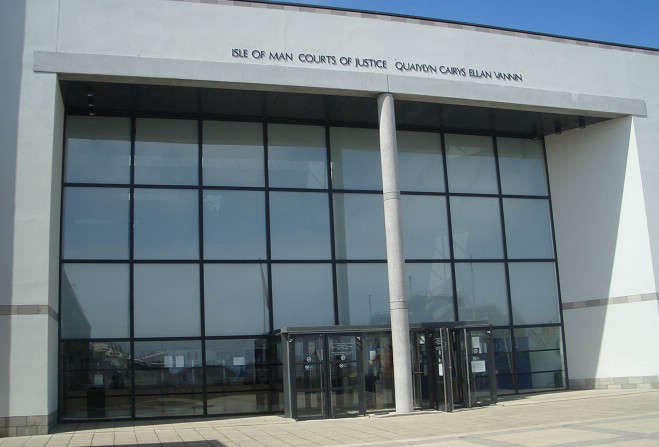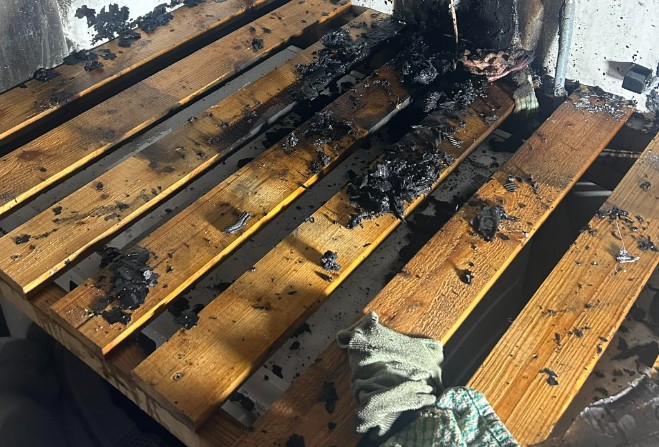
Leading scientist says more extreme weather could hit IOM
One of the world's most acclaimed naturalists made the headlines this week by issuing a stark address to world leaders.
At the UN-sponsored Climate Change Conference in Poland, Sir David Attenborough said time is running out to 'save mankind and the natural world from extinction'.
"Right now, we're facing a man-made disaster of global scale. Our greatest threat in thousands of years, climate change."
The event in the country's southern city of Katowice, marked the opening of a new round of talks on how best to implement policy to limit climate breakdown, which are scheduled to last until next Friday (Dec 14).
It's the first meeting since the Intergovernmental Panel on Climate Change released its most recent report in October calling for 'decisive' action.
From Peel to Colorado
The IPCC has been advising policymakers on global warming and the effects of man-made climate change for the last 30 years.
One scientist who was behind the second UN report of its kind, is Manx resident Dr Douglas Fox.

In 1996 Dr Fox, then of the United States' Department of Agriculture as a research scientist on climate-related impacts, was the lead convening author for the 'second assessment' for the IPCC.
Before moving to the Island in 2002, he worked at Colorado State University for CIRA, the Cooperative Institute for Research in the Atmosphere.
"When I joined that department, I would say probably 70% of my colleagues were skeptical about climate change.
"By 2005, most of them had been converted and at this point, there isn't a faculty member in that department that isn't fully convinced that climate change is real and humans are causing it."
In light of the conference in Poland and with emission reduction pledges for policymakers like the Kyoto and Paris agreements, Dr Fox is optimistic for the consensus on climate change.
"The more light that shines on all of this, the more people become aware of it, then the more likely we are to start finding solutions."
What is the IPCC?
The Intergovernmental Panel on Climate Change is a body appointed by the UN to constitute a scientific authority on the matter.
It is formed of three 'working groups'.
One, to look at science and the current understanding of climate change, the second to asses the impacts, while the third looks at economics and the prospective government action.
The process is prepared by scientists, from different areas of expertise, who work for governments of the member states.
As a federal official in Colorado in 1996, Dr Fox was assigned to the 'working group two' as the lead author to examine the impacts on mountain regions in the US.
"I thought our second assessment was an amazing document, in my chapter alone we had over 500 references.
"When I was involved in the second assessment, I used to say it was one of the more meaningful things I did in my whole career.
"The impressive thing we had people come from around the world all coming together to achieve some consensus and some common understanding.
"Now, that whole effort has just exploded because there are thousands and thousands of reference material and I think the consensus has grown dramatically."
Since his involvement in the 1996 report, scientists now seek to refine the detail in the differences a 1.5 and 2 degrees temperature rise can have, which were outlined in the most recent 'Special Report on Global Warming' from the IPCC.
"In 1996, we certainly recognised the one and a half to two degrees temperature rise would be a point at which, unacceptable and significant consequences would occur.
"We have a much better understanding of how the system of the earth-atmosphere-ocean inner connections operate. We have a much clearer understanding of what some of the potential impacts are and we've been able to refine that."
Despite his optimism on the growing recognition of the issue, whether it's likely world governments can halt the effects of a changing climate, he believes, remains to be seen.
"I think it's possible that we are going to experience impacts, so personally I lean on the side of doing everything we can do today to adapt and recognise that some change is going to occur.
"One of the difficulties with dealing with climate change is it goes from this global, huge activity, down to the personal 'what am I going to do?'.
"For years, it's been impossible to comprehend the idea of a changing climate, it takes events to drive people."
For the Isle of Man, he believes the most significant threat to the Isle of Man will be sea level rise.
Impacts of climate change has been keenly felt in local communities across the Island as government has been preparing for rising sea levels through the creation of sea defences at 'vulnerable' settlements.
Listen below to Manx Radio's Mandate report to hear more from Dr Fox:


 Missed opportunity in inmate's care, inquest finds
Missed opportunity in inmate's care, inquest finds
 Seven arrests made as part of King Gaming fraud and money laundering investigation
Seven arrests made as part of King Gaming fraud and money laundering investigation
 Motorists urged to avoid Cooil Road following RTC
Motorists urged to avoid Cooil Road following RTC
 Probation for man caught with knife at Sea Terminal
Probation for man caught with knife at Sea Terminal
 Warning after tea towel tumble dryer fire
Warning after tea towel tumble dryer fire
 Calls for Sarah's Law on Isle of Man
Calls for Sarah's Law on Isle of Man
